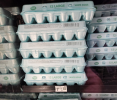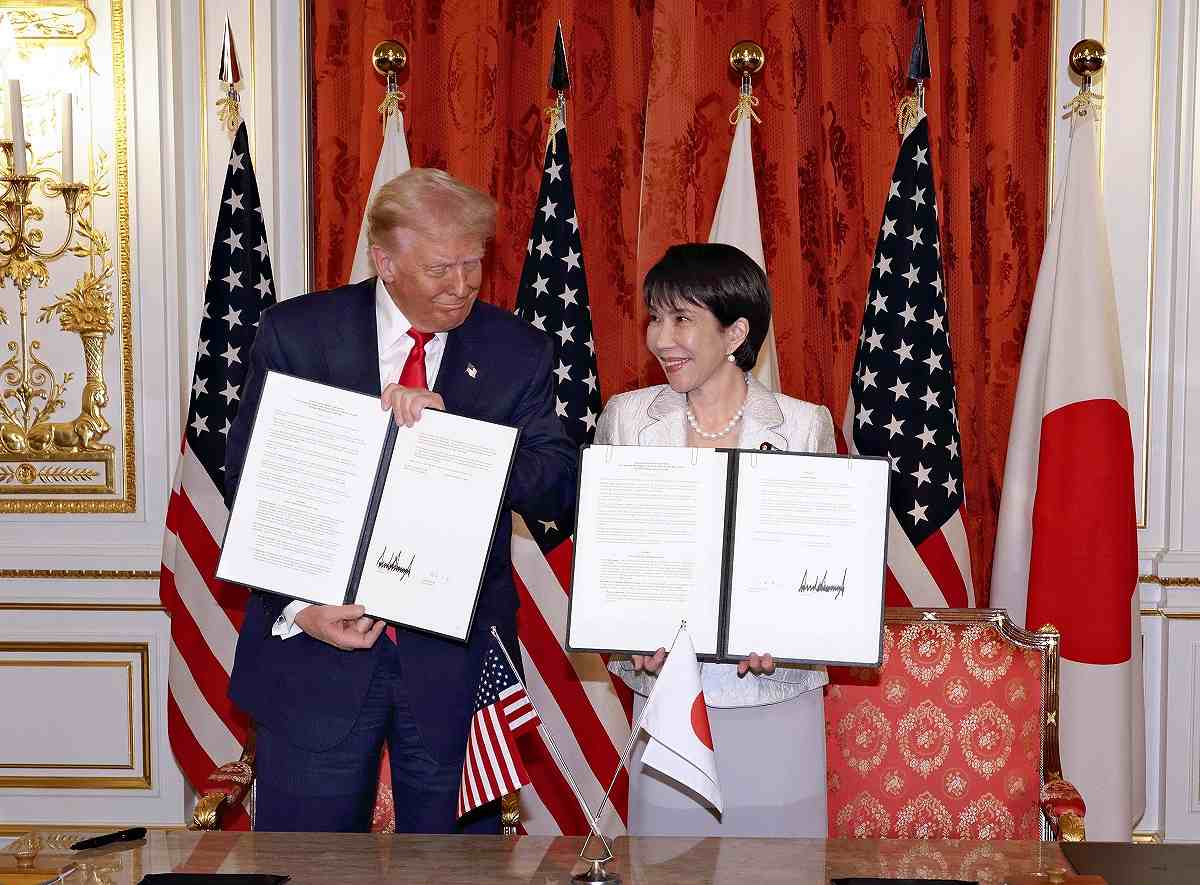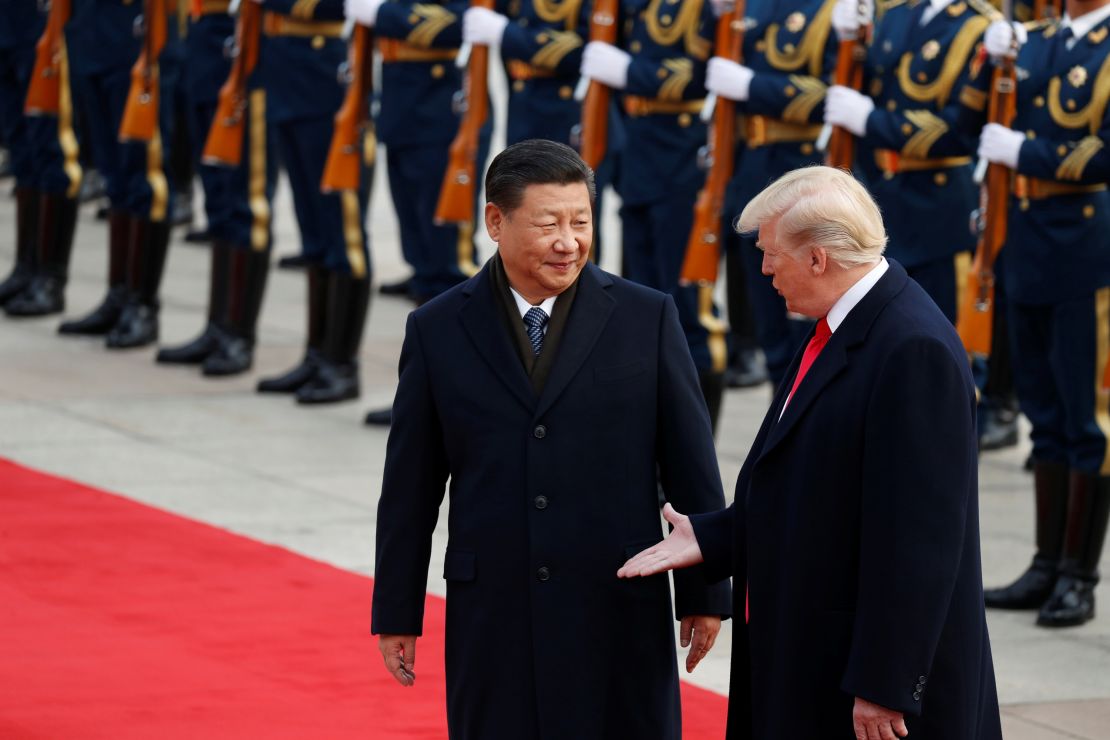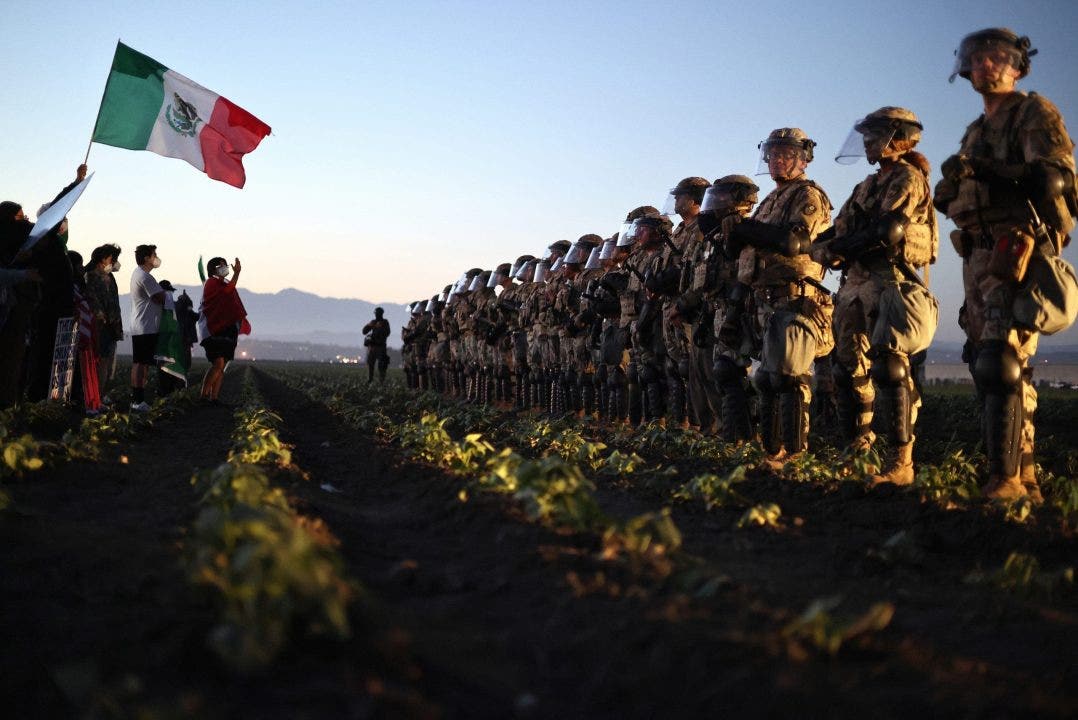
22 Gazillion Trillion $$$ I tell ya...
----
<p>The governments of Japan and the U.S. on Tuesday published a jointly created “Fact Sheet,” a detailed plan for $550 billion of Japanese investments in the U.S., which had been agreed during tariff negotiations in July. Over ten major companies, including Mitsubishi Heavy Industries, Ltd and...
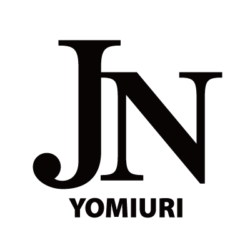
japannews.yomiuri.co.jp
The governments of Japan and the United States on Tuesday published a jointly created “fact sheet,” a detailed plan for $550 billion of Japanese investments in the United States, which had been agreed during tariff negotiations in July.
Over 10 major companies, including Mitsubishi Heavy Industries, Ltd. and Toshiba Corp.,
are listed as candidates to be major participants in projects totaling over $390 billion (approximately ¥60 trillion) in areas such as energy and AI.
The Japanese government
will now begin full-scale consideration of how to quickly implement these plans.
A total of 21 projects are listed in the joint fact sheet, spanning sectors such as critical energy infrastructure, AI infrastructure and critical minerals. The energy sector had the most projects with eight, indicating strong U.S. interest.
Of 21 projects, 16 include specific value listings, amounting to a total of $393.45 billion.
One of the major projects includes the construction of innovative light water reactors and small modular reactors in partnership with U.S. nuclear company Westinghouse, at a cost of up to $100 billion. Japanese giants such as Mitsubishi Heavy Industries and Toshiba Corp.
are considering joining the project.
Mitsubishi Electric Corp. envisions supplying power generation systems for AI data centers, while Hitachi, Ltd. wants to provide power infrastructure for these facilities.
In the critical minerals sector, Japanese companies are l
ooking into contributing to projects by U.S. companies to build copper smelting facilities.
Under the Japan-U.S. tariff agreement, Japan promised to expand its investments in the United States and purchase of American energy and agricultural products
in exchange for the United States lowering its tariffs on Japanese goods.
Bodies such as the Japan Bank for International Cooperation will also provide funding, loans and loan guarantees to projects chosen by U.S. President Donald Trump.
The investments will be made by January 2029, when Trump’s term of office expires.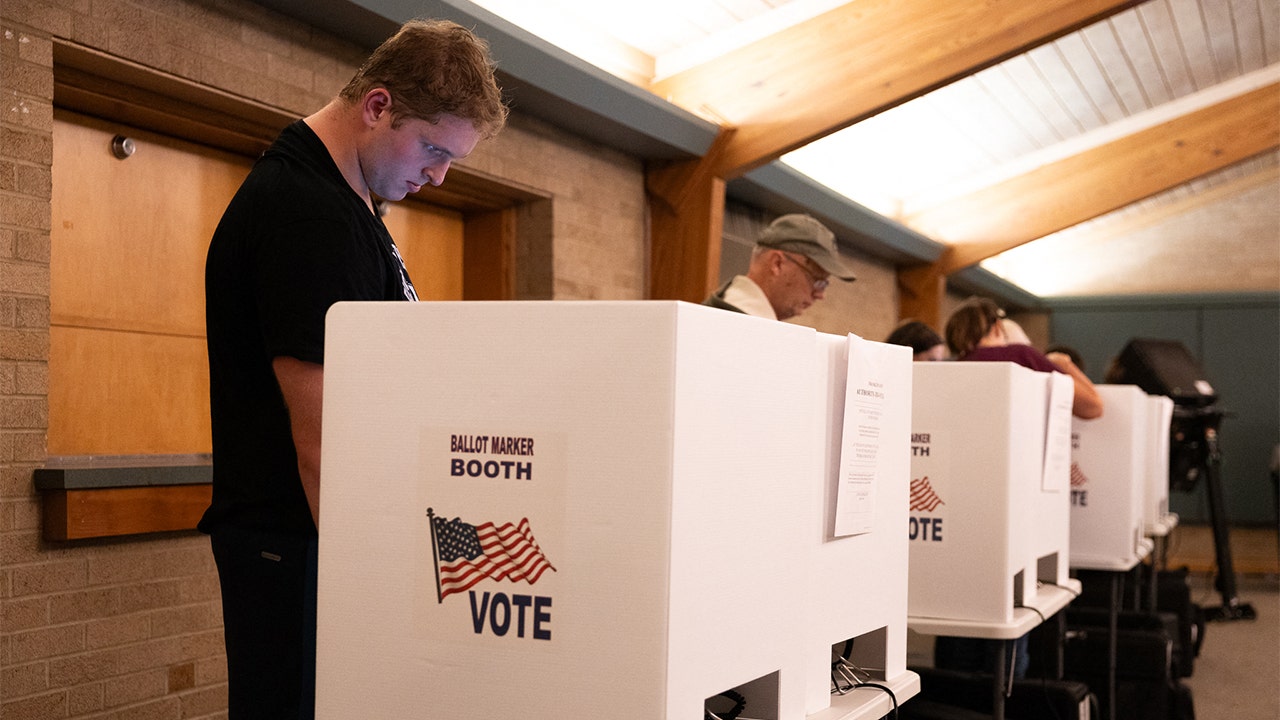
 www.foxnews.com
www.foxnews.com




